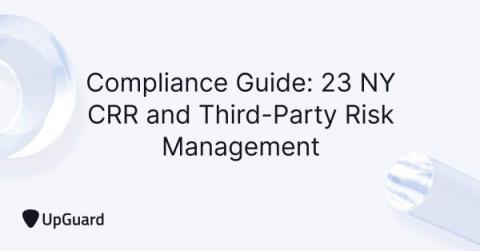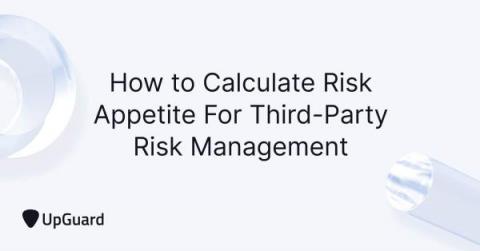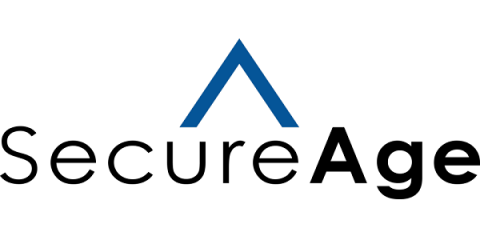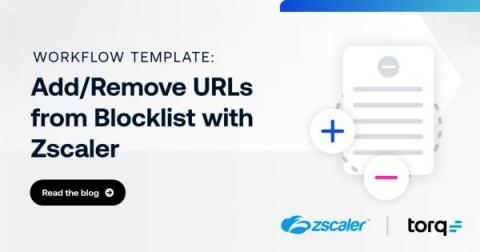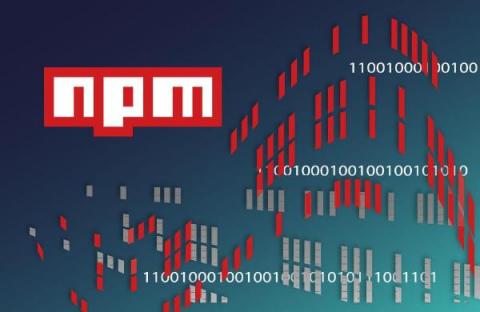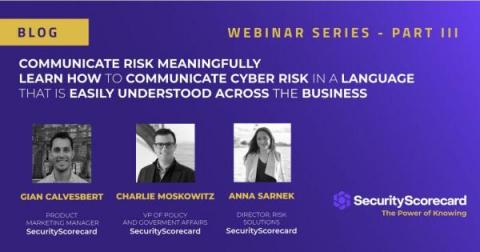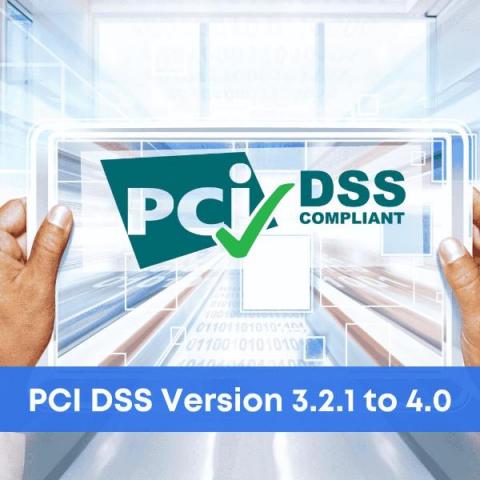Compliance Guide: 23 NY CRR and Third-Party Risk Management
The NY CRR 500 legislation was instituted by the New York Department of Financial Services (NYDFS) in 2017 in response to the rising trend of cyberattacks in the finance industry. Sometimes regarded as the GDPR for financial services, the NY CRR 500 has a very high standard for sensitive data protection, requiring protection strategies for ensuring the confidentiality, integrity, and security of information systems and nonpublic information (including customer data).


